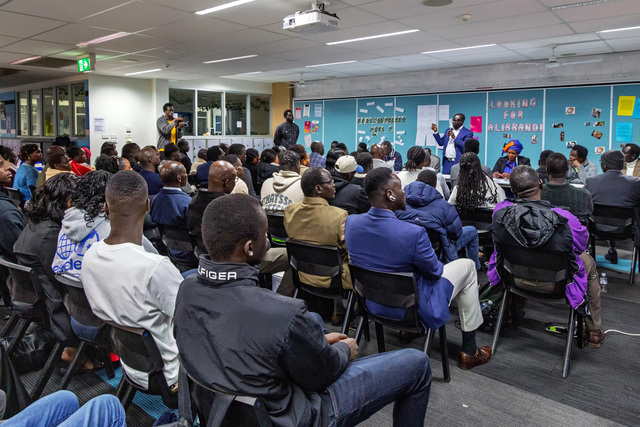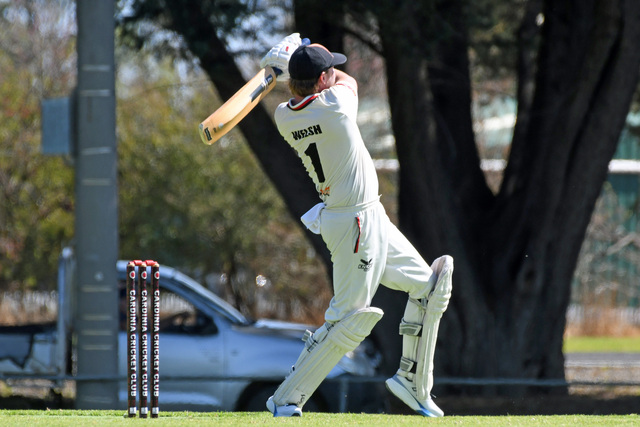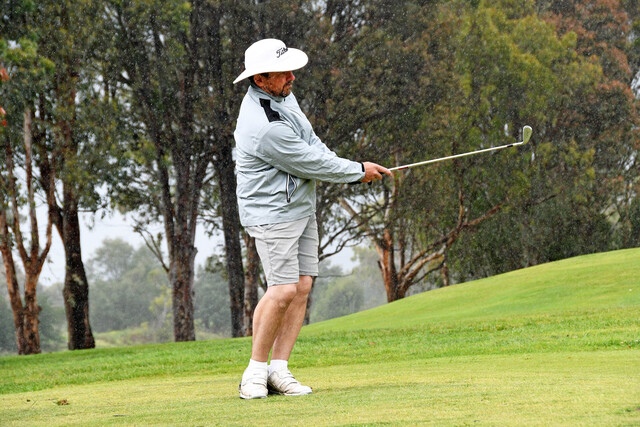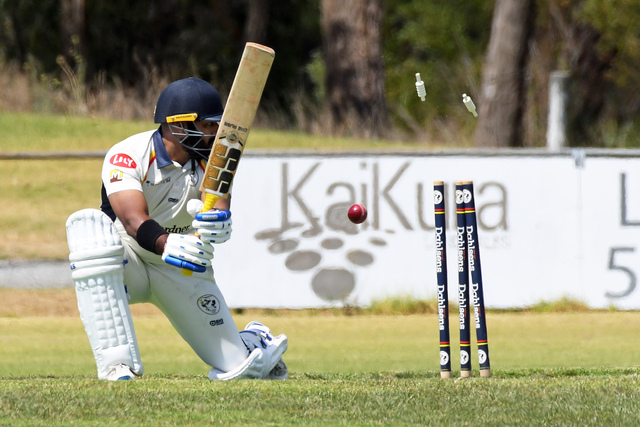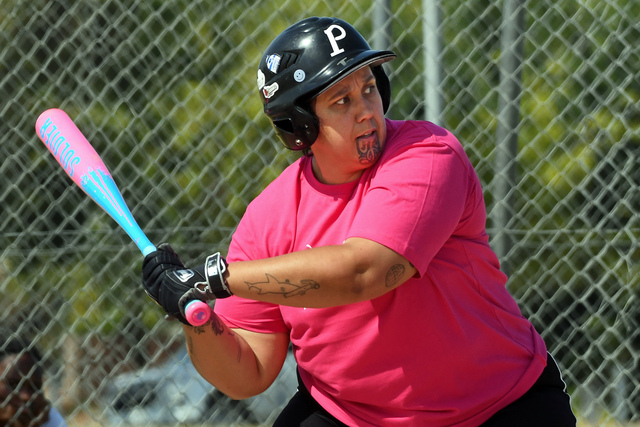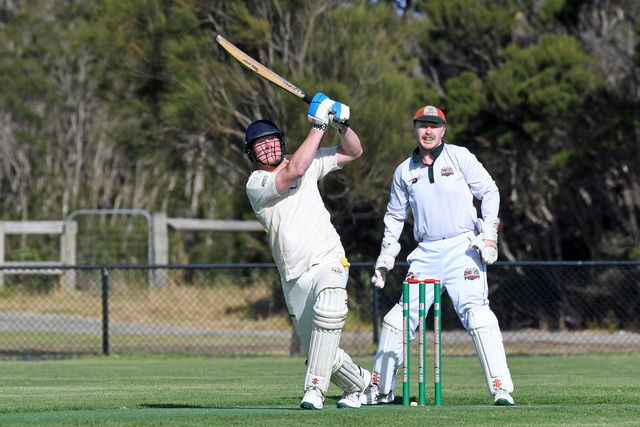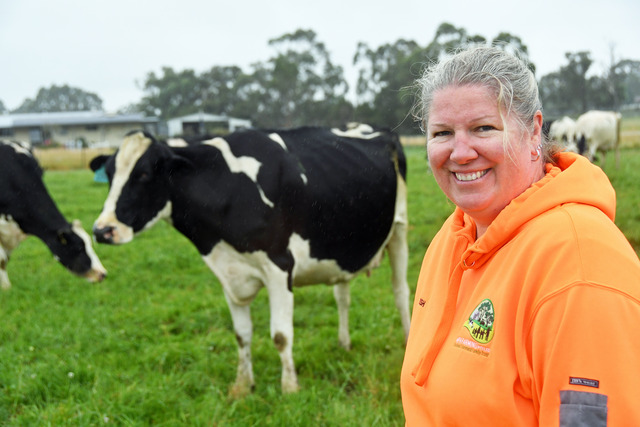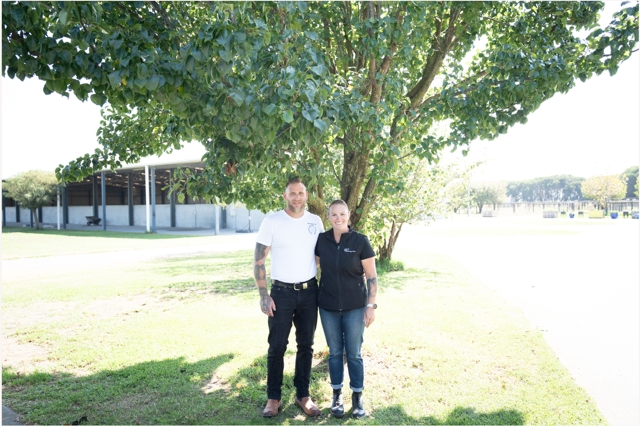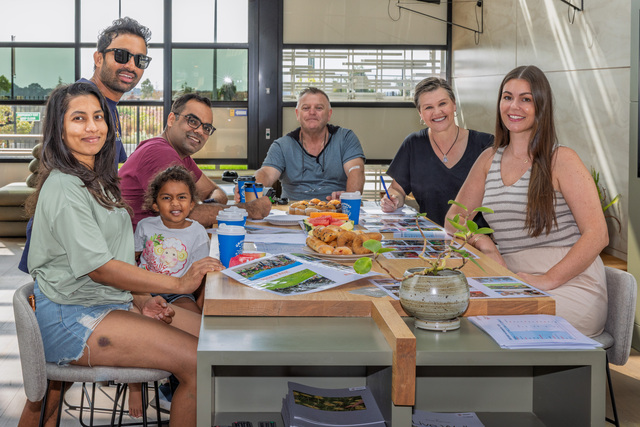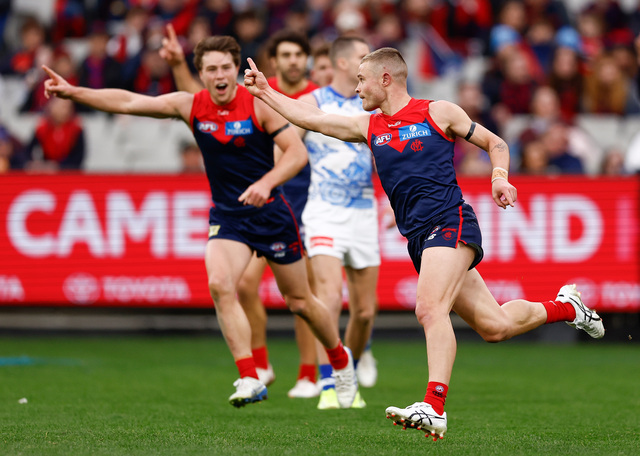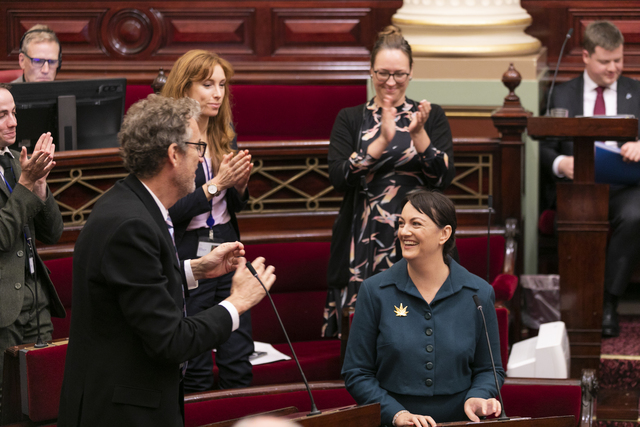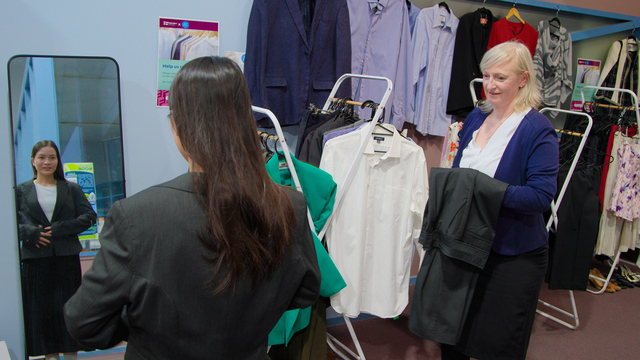The deaths of young South Sudanese Australians through stabbings, gun violence, or under suspicious circumstances have left grieving families questioning whether existing programs are making a real difference.
Despite millions of dollars allocated to South Sudanese-led organisations under the Department of Justice, community members and youth leaders are increasingly concerned about the effectiveness of these initiatives.
Rumours have circulated about leaders allegedly misusing funds, prompting calls for greater accountability and transparency.
Families are seeking clarity on whether funding for youth programs is being properly managed and delivering results for young people.
Over the past three years, the Victorian Government has invested $5 million to establish the South Sudanese Australian Youth Justice Expert Working Group, including $1.3 million in grants for local initiatives led by South Sudanese organisations.
East Metro recipients include: Stand Out Youth Empowerment (Dandenong and Clyde), NAS Recovery Centre (Cranbourne), Nextgen Unite (Pakenham), Oyiti Foundation for Multicultural Youth, African Youth Alliance, and the Sudanese Mothers Coalition.
West and South Metro recipients include: Africause, African Youth Initiative, South Sudanese Minds, Multicultural Youth Support Services, Junubi Stars Basketball Club, South Sudanese Christian Welfare Association, and the Australian African Foundation for Retention and Opportunity (AAFRO).
The programs aim to support young people through creative arts, education, mental health support, and alcohol and drug rehabilitation.
In a public statement addressing criticism, Dr Santino Deng, chair of the South Sudanese Australian Youth Justice Expert Working Group, defended the east and west community organisations.
“Many of these organisations are doing their best with very limited resources,” Dr Deng stated.
“Having worked with our community for many years, it is disheartening to see reactions fuelled by assumptions rather than facts.”
Dr Deng warned that ongoing accusations and public attacks could “weaken our collective voice”.
“They risk pushing the government away from working with South Sudanese-led organisations and towards external groups who may not fully understand our community,” Dr Deng stated.
“Suggesting that leaders and community organisations are responsible for tragedies is not only inaccurate but also disrespectful to the family of the deceased.
“Misinformation and finger-pointing only deepen the wounds and distract from the real issues we need to address together.”
Dr Deng urged those ‘genuinely concerned’ about funding to reach out to organisations or the government for clarity and called for constructive collaboration.
“At a time when families are grieving and young people are living through deep trauma and fear, our focus should be on support and healing,” Dr Deng stated.
“Those who believe they can do better are encouraged to step forward, establish their own initiatives, and work with the government in constructive ways.
“This is a democratic country, and no one is holding anyone back. What will truly help our community is unity, collaboration, and focusing on solutions rather than blame.”
Local youth leader Nyibol Makoi said concerns around funding stem from misunderstanding, not misinformation.
“I personally know the leaders of some of these organisations. Some funds (I cannot vouch for all) were directed towards programs for South Sudanese communities,” Ms Makoi said.
“Whether these programs met the priority needs of the community is an entirely different question.
“The way we are handling all of the issues we are currently facing, makes it evident we don’t truly understand the root issues at hand. This is why programs administered do not address our critical needs.”
Before receiving further funding, Ms Makoi urged leaders to engage directly with everyday South Sudanese-Australians to better understand community needs, and recommended that the community come together to discuss priorities before presenting them to officials.
While community debate focuses on how existing funds are used, the Opposition Leader MP Brad Battin has criticised broader cuts to youth crime prevention funding.
“The Jacinta Allan Labor Government has slashed youth crime prevention grants, awarding just two grants in the past two years despite record-high youth crime,” Mr Battin said.
“Worse still, funding has been cut to programs run by 34 African community groups at a time when those very communities are crying out for support.
“As an ex-cop, I know you can’t just arrest your way out of a crime wave. Prevention and rehabilitation are critical.”
The Victorian Government rejected claims its youth crime prevention funding had been cut or mismanaged.
“We stand with the community in their fight against youth gang crime,” the spokesperson said.
“It’s why the Premier has convened and met with the Government’s South Sudanese Australian Youth Justice Expert Working Group — to bring local, community-based solutions.
“Crime prevention is a whole of government response, and this year’s Budget invested $135 million to support young people at risk and keep communities safe.
“We will continue to listen to the community, experts and Victoria Police so that our responses continue to be targeted and effective.”
The Gazette reached out to several recipients, but they declined to comment.
For more info: https://www.justice.vic.gov.au/SSAYJ/grants?fbclid=IwY2xjawMwOepleHRuA2FlbQIxMQABHqD7K8MXRw1MBm69JL7VELQo_eTjaVMlzpGmAZrvG58R9XJ2gxj8r7HPWdwP_aem_H7Usr96qAXMU9nK5X6ydag

